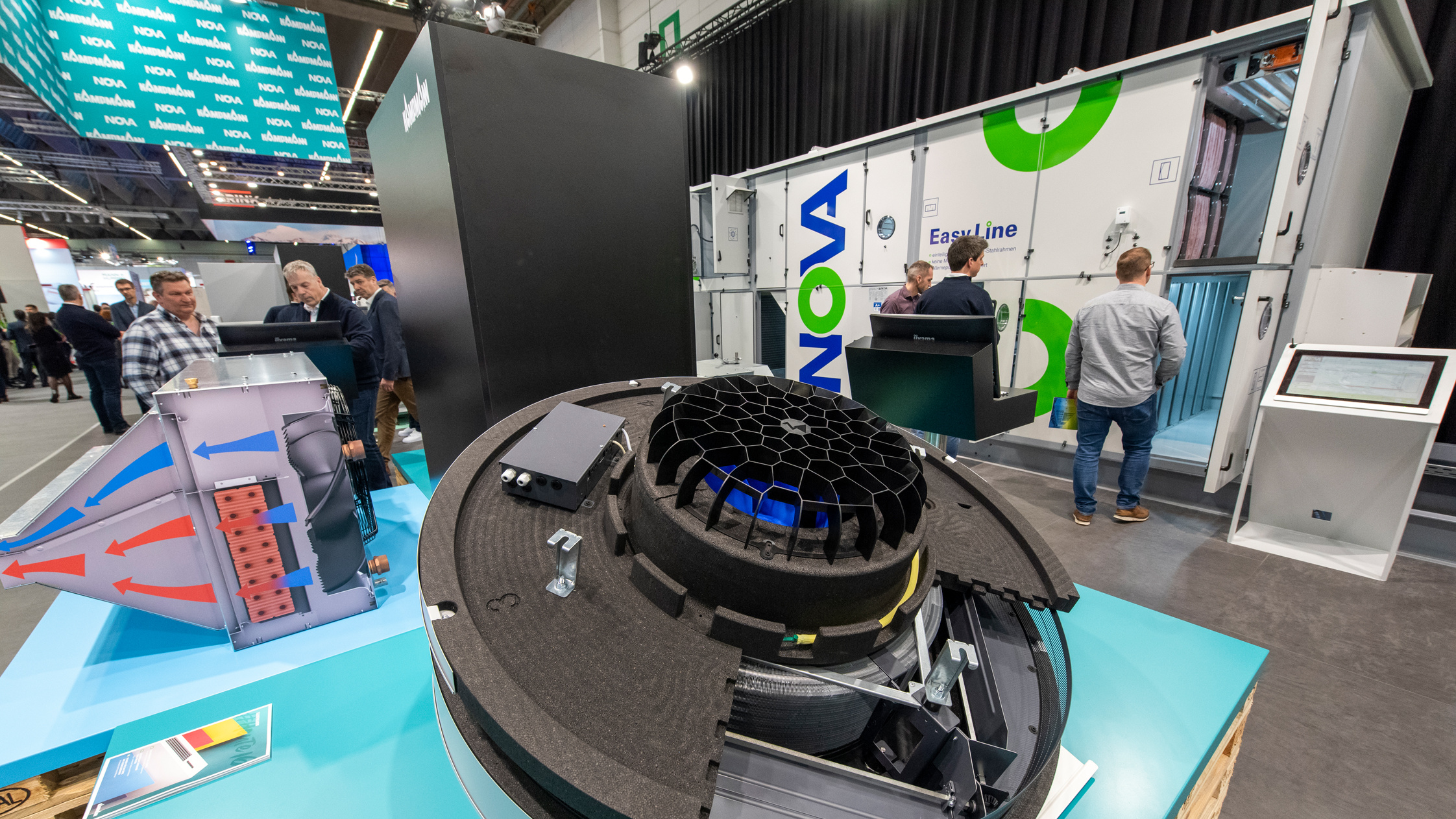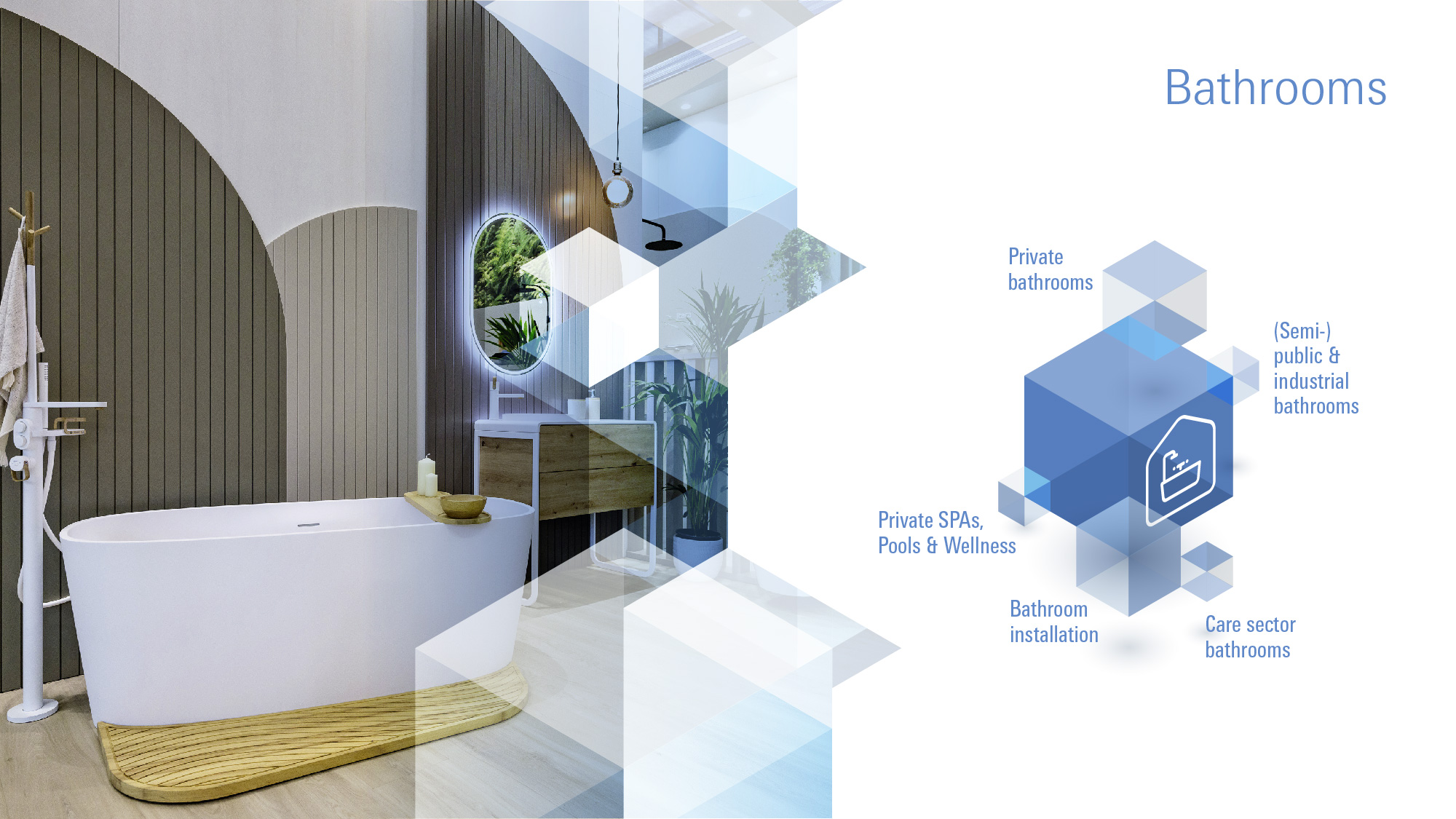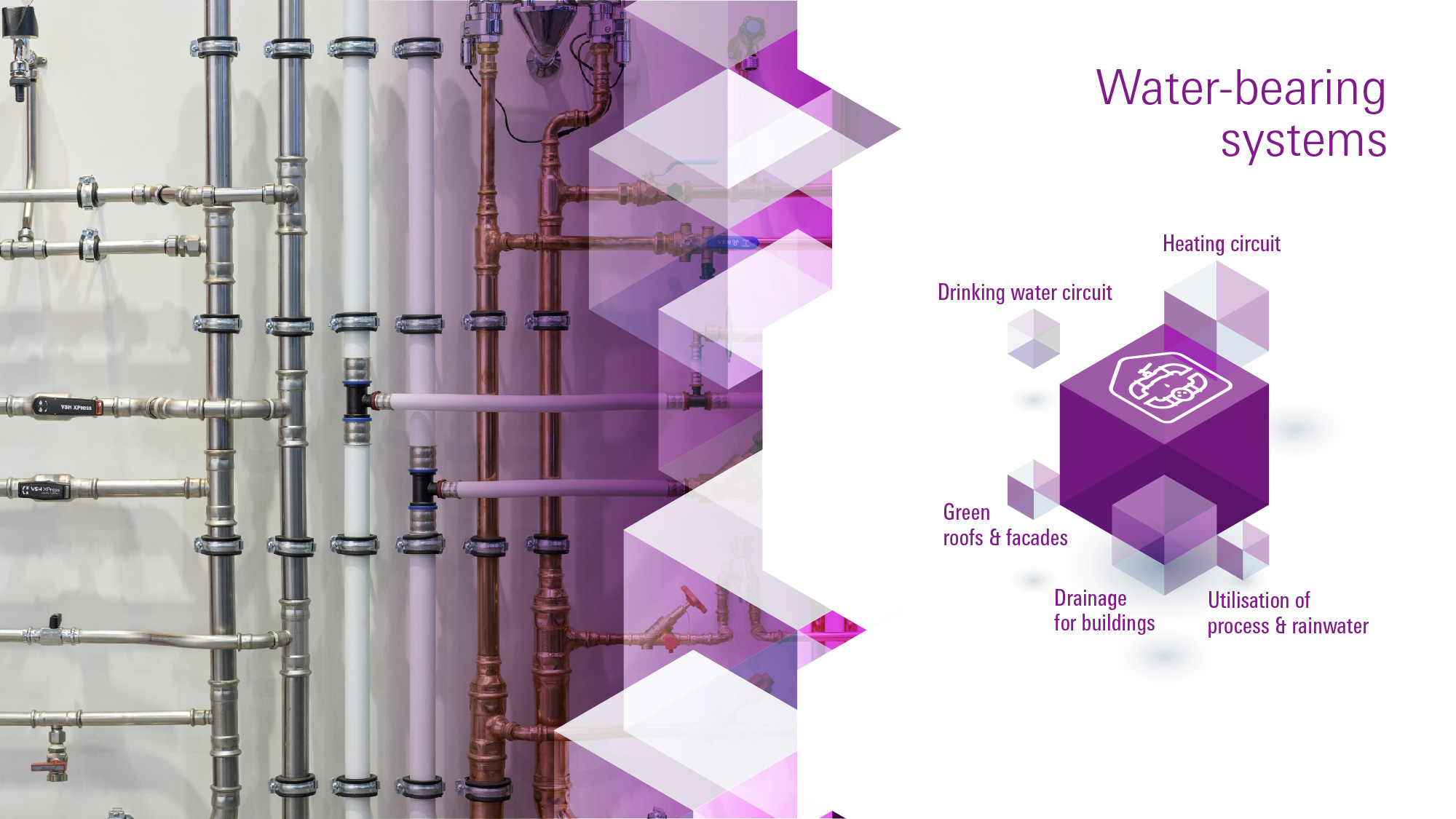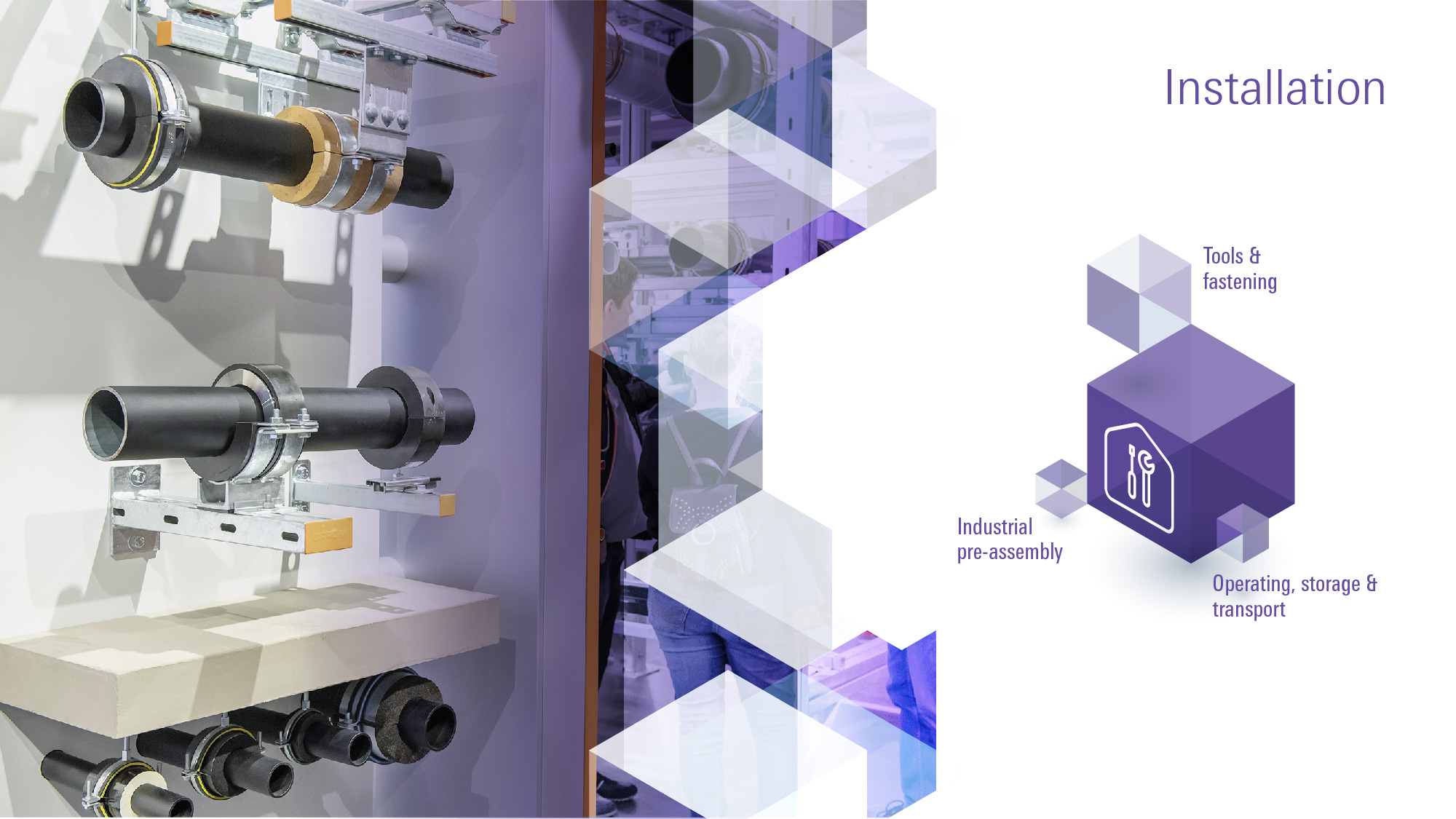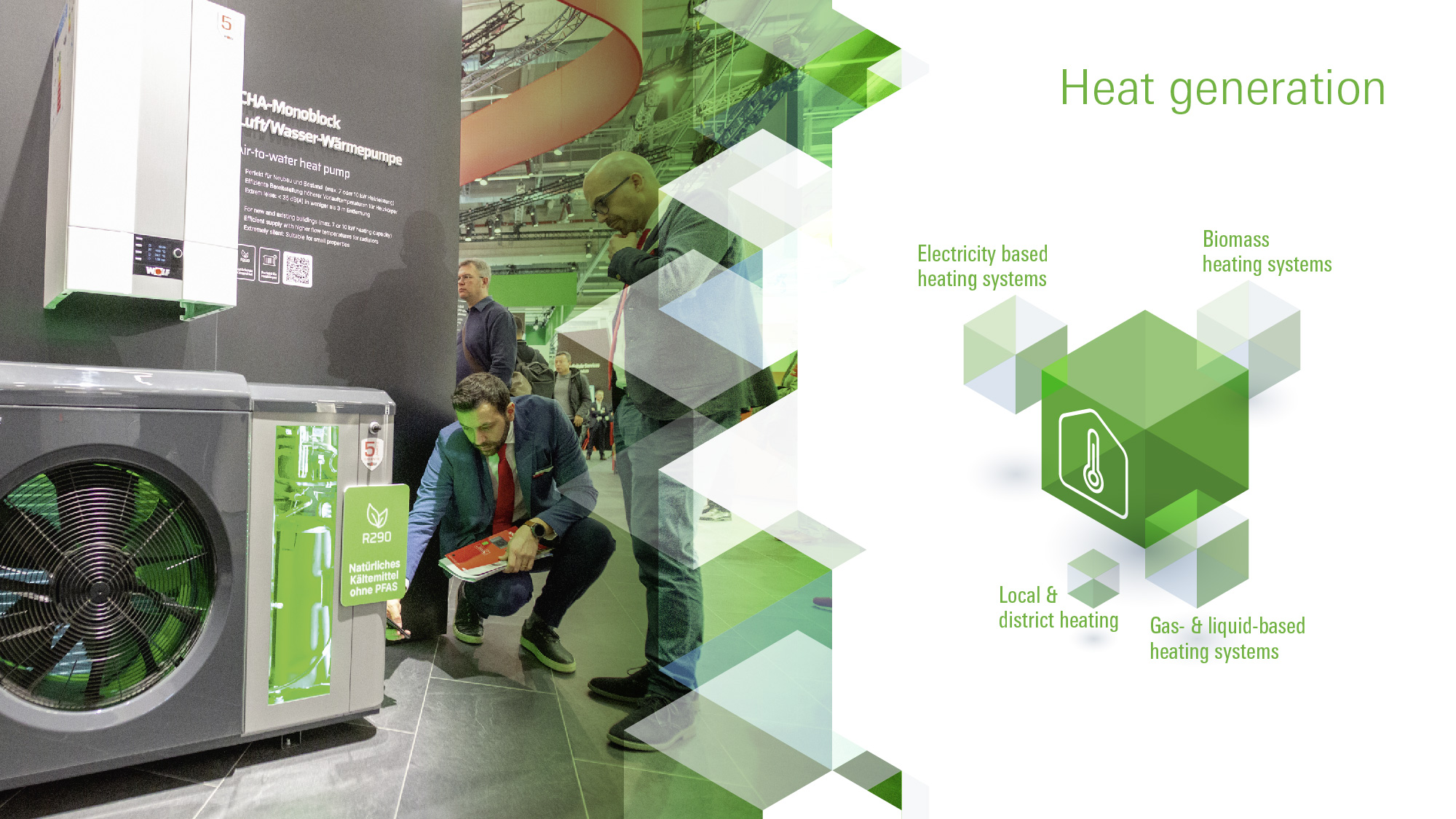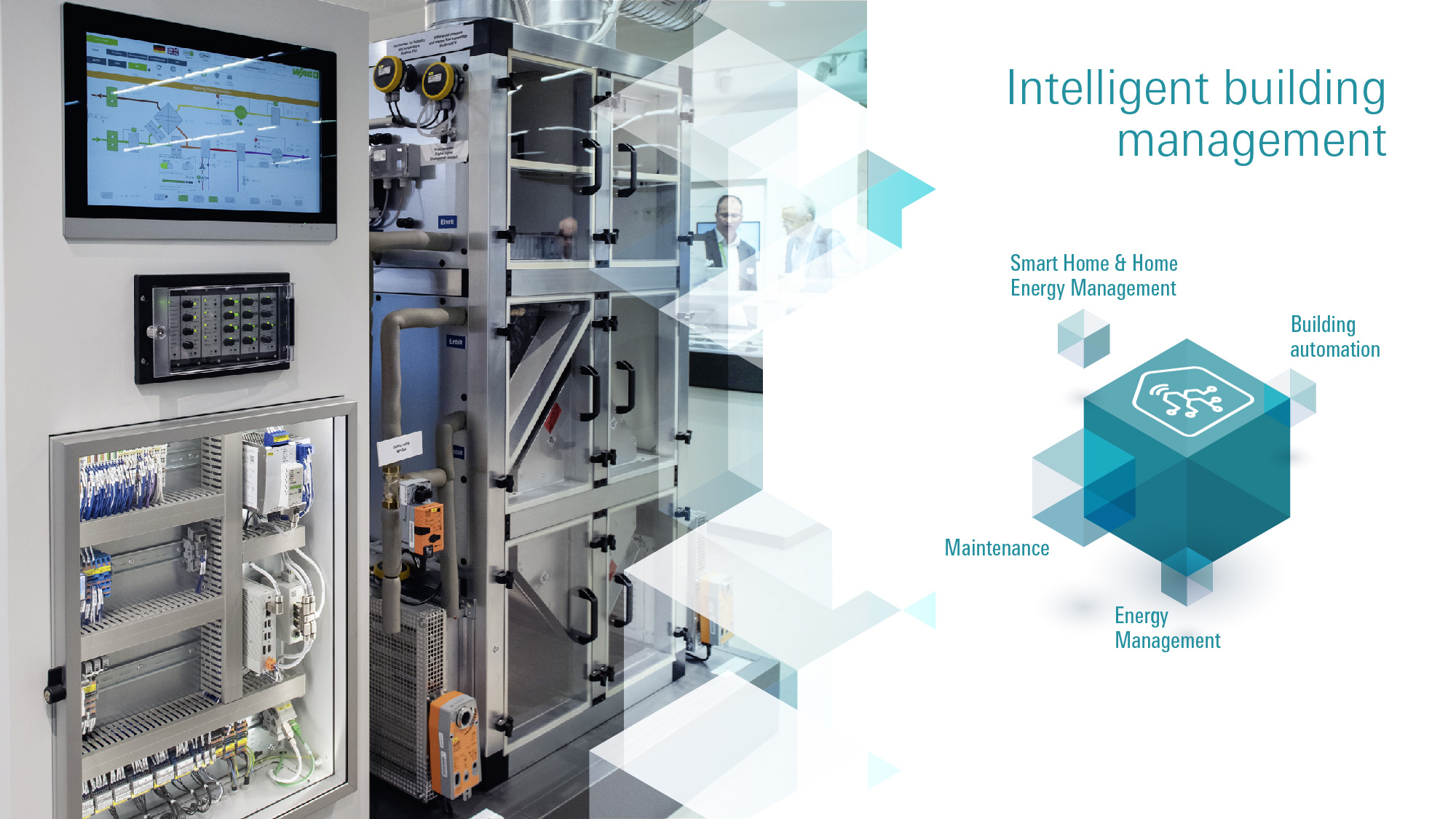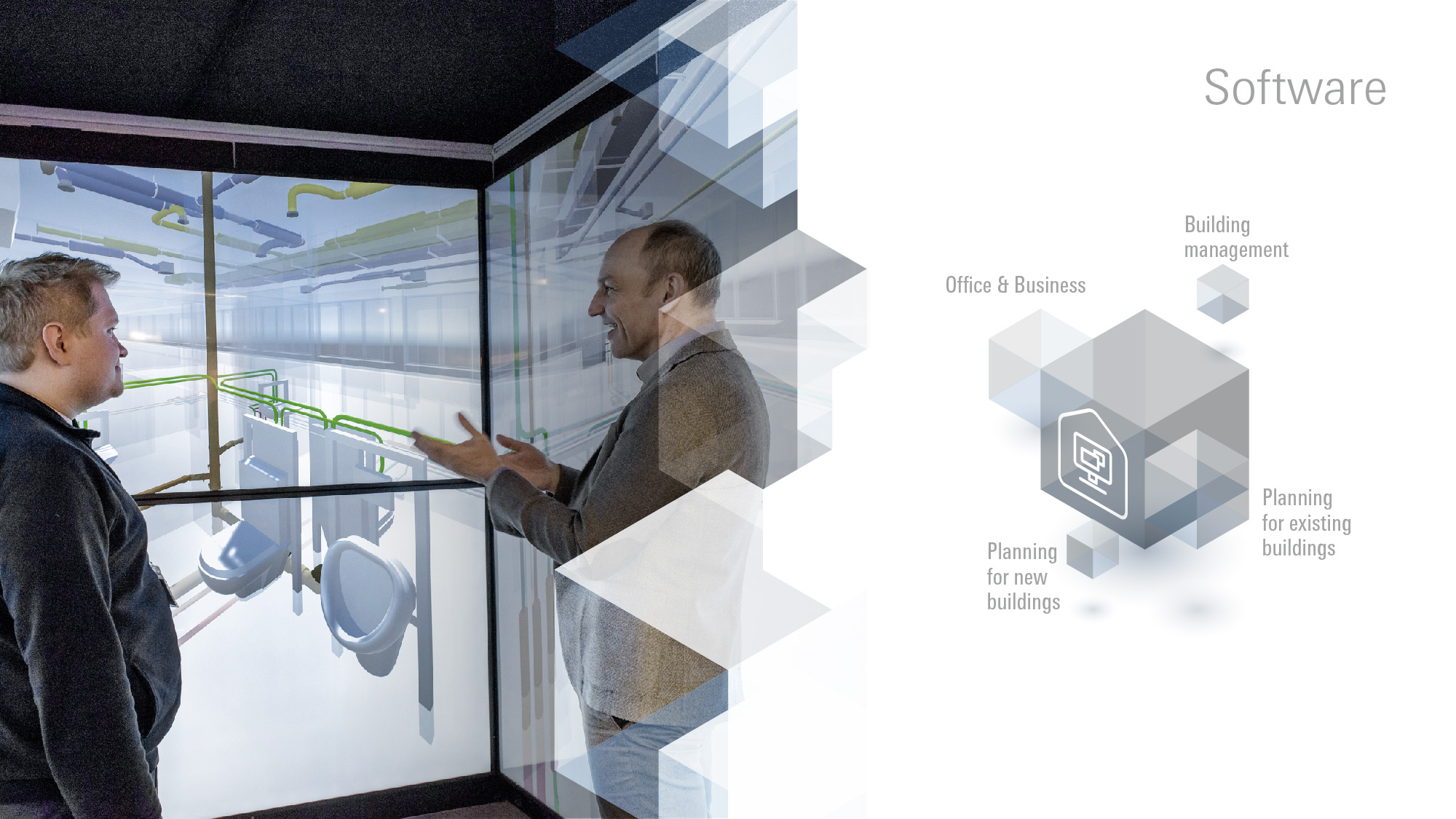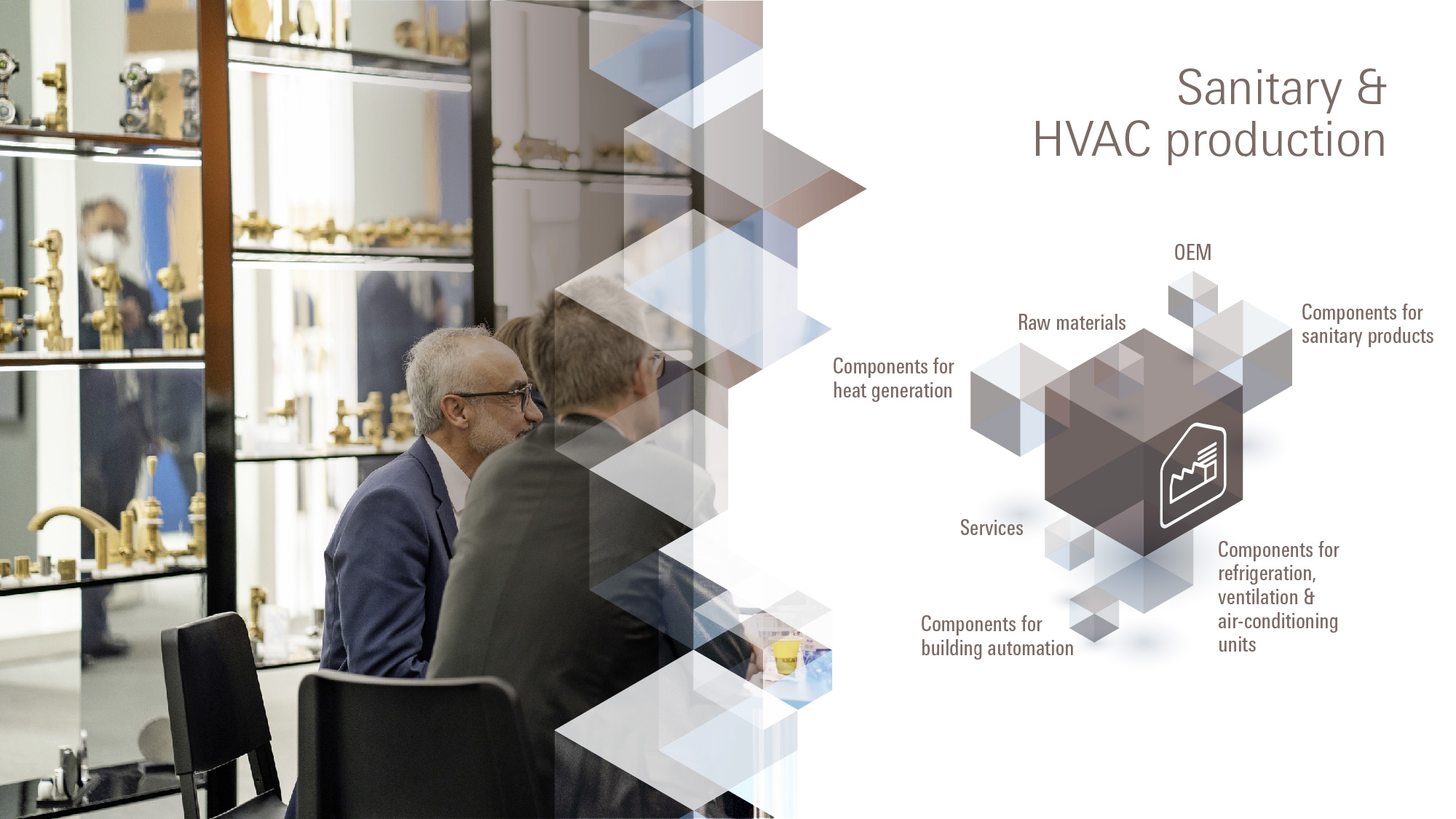Air conditioning and ventilation units and systems ensure high indoor air quality, which has a positive effect on health, well-being, concentration and productivity.
The quality of indoor air plays a key role in the well-being and health of people in enclosed spaces and also helps to improve concentration ability. From a constructional engineering point of view, it is important for the preservation of the building material.
Ventilation and air conditioning (HVAC) devices and systems enable the targeted control and improvement of all room air parameters in order to ensure optimum quality depending on requirements.
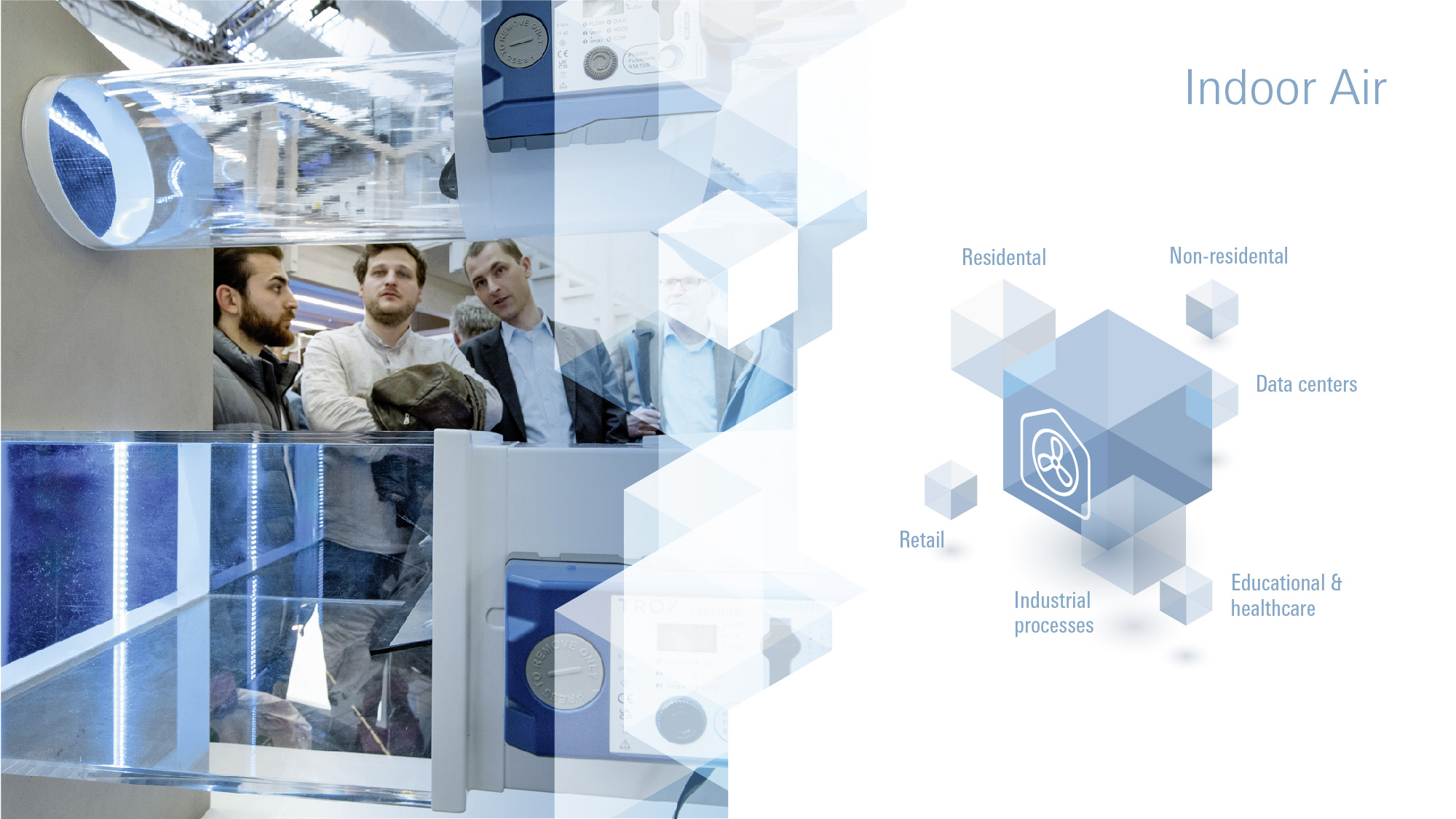
Solutions for all aspects of indoor air will be presented and discussed at the ISH. The innovative ventilation and air-conditioning (HVAC) systems, appliances and components set the standards for efficiency, comfort and sustainability.
The most important meeting place for the air-conditioning, refrigeration and ventilation technology industry focuses on individual solutions for the various areas of application.
Residential Buildings
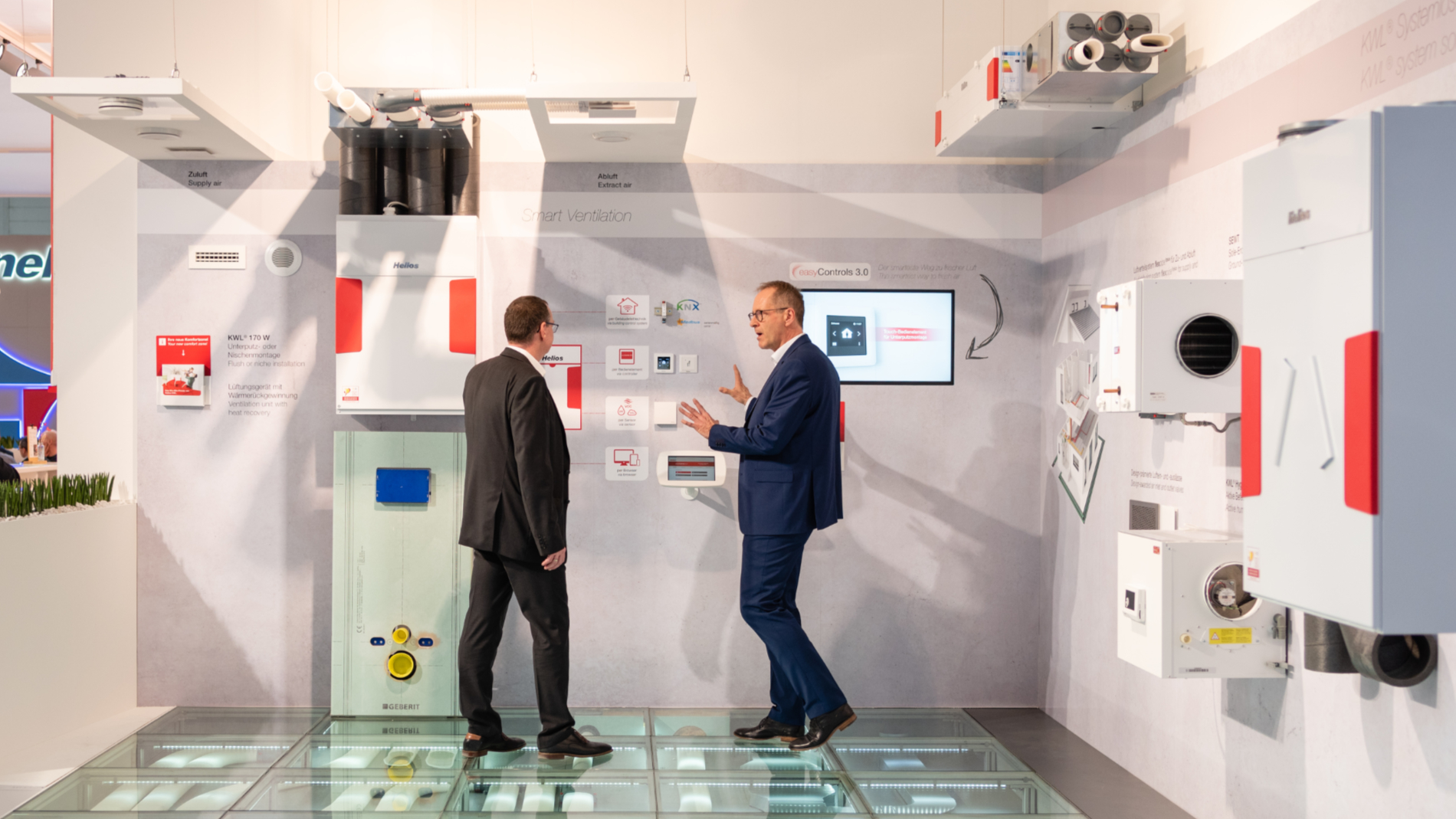
Delivering healthy indoor air in residential buildings is crucial for the well-being of the residents and its quality also contributes to the preservation of the building material. Modern domestic ventilation systems are an integral part of energy-efficient buildings and ensure a continuous exchange of air. Ventilation and air conditioning systems have high-quality filters that remove particles and allergens from the air and thus improve air quality. With air conditioning solutions, the temperature and humidity in the room can also be controlled.
In new builds, customised solutions for indoor air quality can be implemented from the outset to create modern, comfortable and sustainable residential buildings. For existing buildings, it is possible to improve the air quality with energy-efficient decentralised or centralised ventilation units, thereby also reducing the ecological footprint.
Modern units and systems for domestic ventilation and air conditioning are integrated into smart home or home energy management systems (HEMS) and can therefore be controlled according to energy efficiency criteria, indoor air quality and personal preferences.
Non-residential Buildings
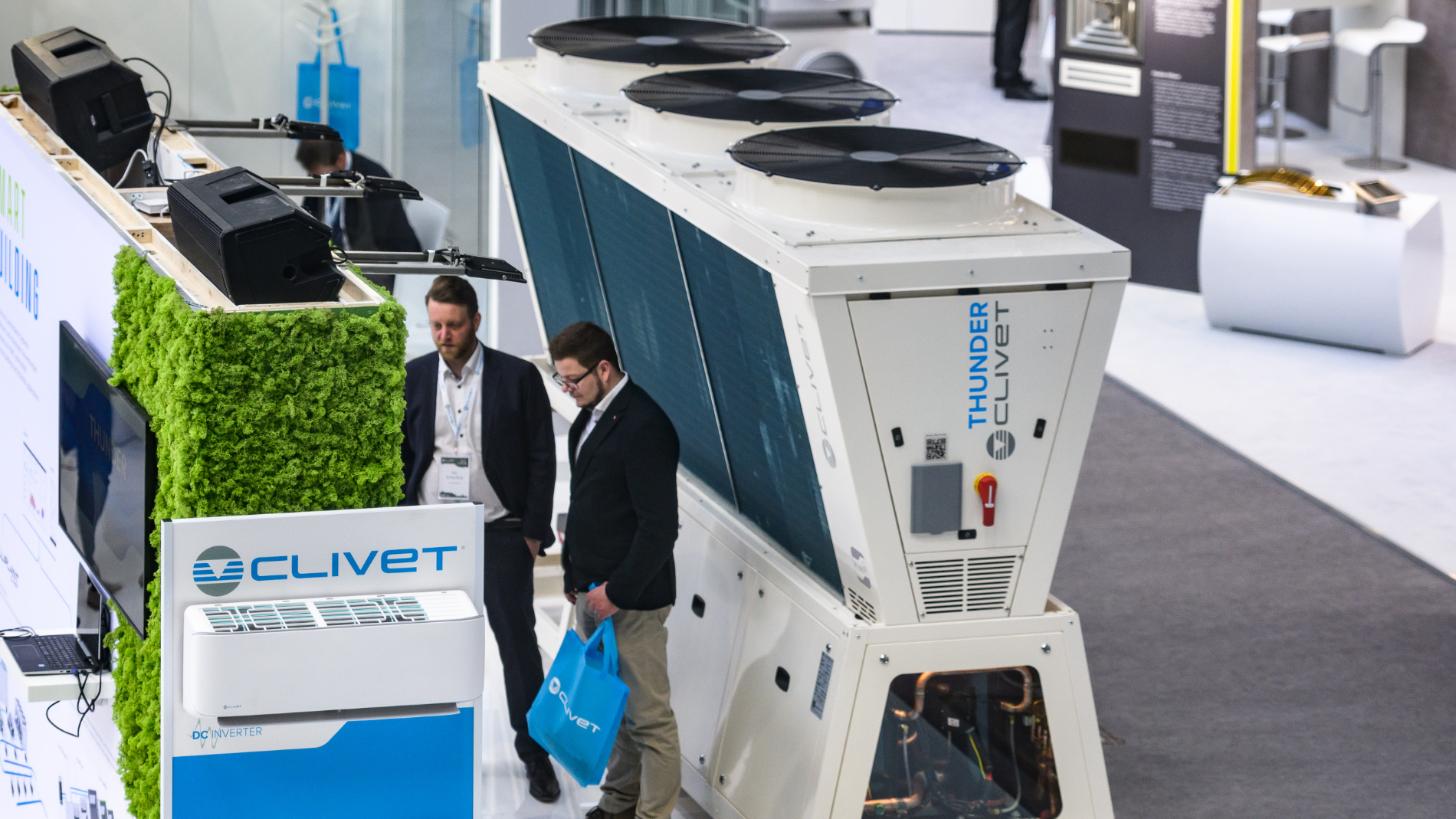
Non-residential buildings have greater challenges in terms of ventilation or air conditioning, as comfort and an optimum indoor climate need to be achieved for larger numbers of people and there is greater need to condition the air as well in terms of temperature and humidity.
In commercial and public buildings, individually planned installations and systems are used to meet the needs of users. Here too, the aim is to maintain air quality and promote people's productivity and well-being.
Intelligent ventilation and air conditioning systems can be integrated into building automation and energy management systems in order to adapt to varying requirements, take into account the use of the rooms and optimise energy consumption. This not only helps to increase efficiency, but also supports compliance with environmental regulations and sustainability targets.
Industrial Buildings
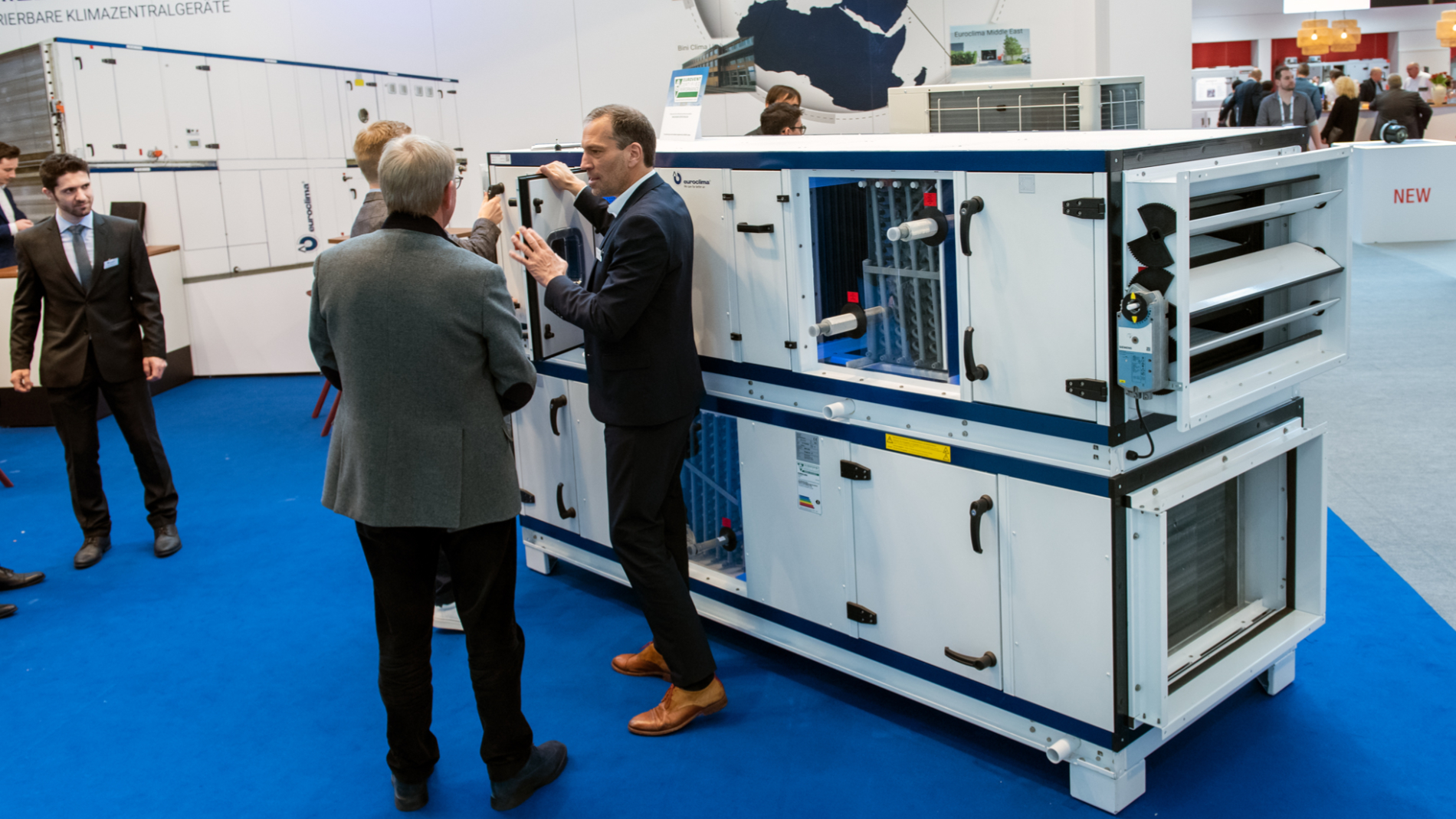
The ventilation and air conditioning of industrial buildings plays an important role for product quality in industrial processes. Corresponding systems (for example for food processing, pharmaceuticals or electronics production) are designed to create consistent conditions and enable the production of goods or the processing of materials with consistent quality. Ventilation and exhaust air systems ensure the continuous supply of fresh air and the removal of process exhaust gases and harmful vapours. This is also crucial for the health of employees and compliance with safety standards.
Modern ventilation and air conditioning systems in production buildings are equipped with intelligent control systems that also take energy efficiency criteria into account.
Educational and Healthcare Buildings
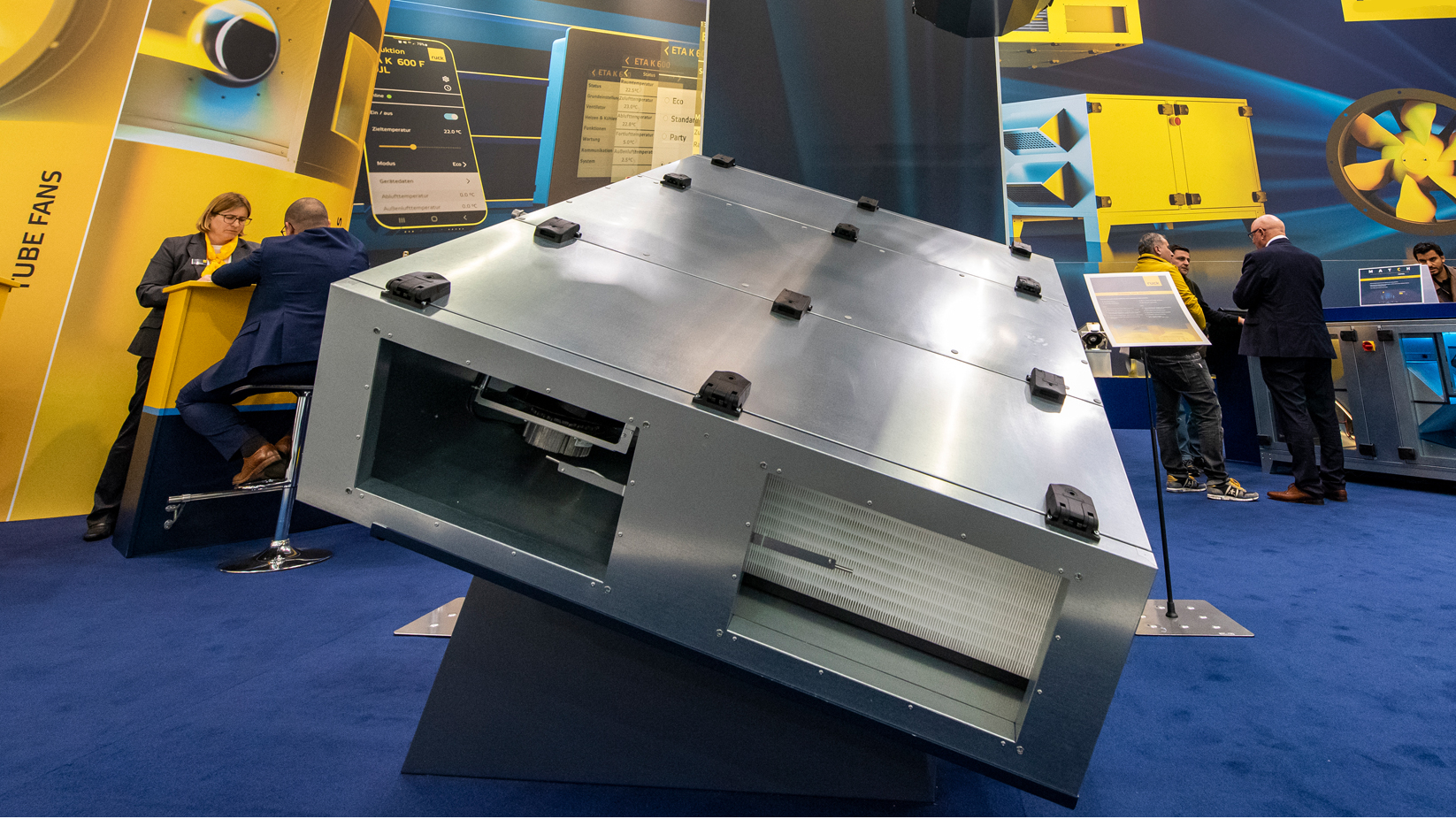
In educational and healthcare buildings, ventilation and air conditioning systems ensure a healthy and comfortable environment for pupils, students, teachers or patients and medical staff.
The devices used in educational institutions are designed to support an optimal learning environment. They not only improve the ability to concentrate and the well-being of pupils and teachers, but also help to minimise the spread of pathogens. Efficient ventilation systems in combination with high-quality air filters can help to reduce allergens and particles, which is particularly important in schools with high number of students.
In healthcare facilities, such as hospitals and clinics, air handling units are crucial for maintaining high standards of hygiene. They not only ensure a continuous supply of fresh air, but can also include special filters and technologies to purify the air of pathogens. Controlling room temperature and humidity is important for the well-being of patients and also for the functionality of medical equipment.
Intelligent control of ventilation and air conditioning systems enables them to be adjusted according to demand. In educational buildings, energy consumption can be optimised, particularly outside teaching hours. In healthcare facilities, the system can be adapted to the specific requirements of hospital rooms or surgeries in order to ensure comfort and particularly high standards of hygiene.
Data Centers
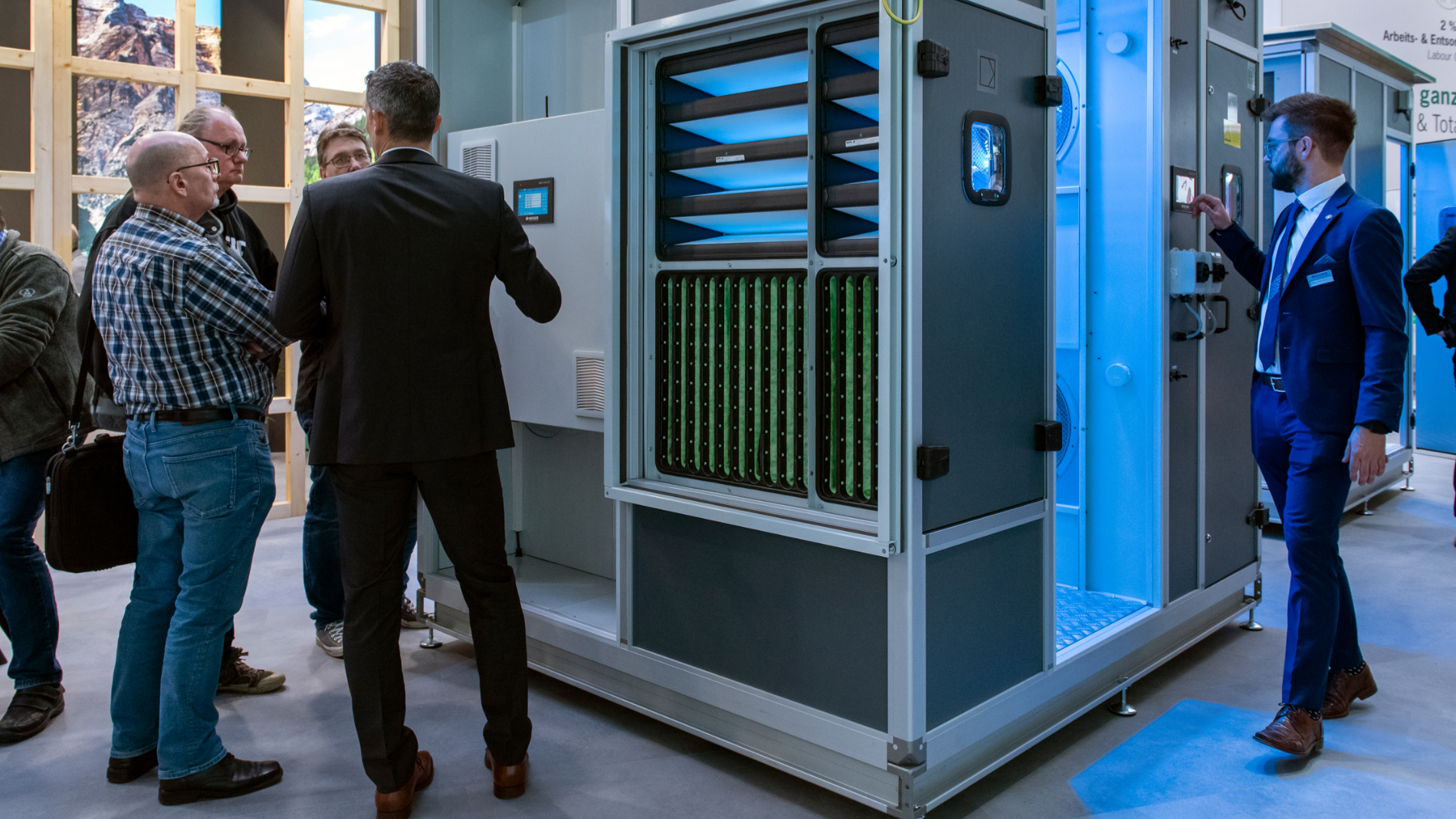
In high-tech environments, indoor air control is crucial to ensure the performance and reliability of the infrastructure. Precise climate control is one of the key aspects for data centres.
The high level of heat generated by servers and IT devices requires powerful cooling systems to ensure a constant operating temperature. Constant heat dissipation is necessary to avoid hotspots, which extends the service life of the hardware and increases operational reliability. Filter systems ensure that the air is free of dust and particles that could affect the sensitive components of the IT infrastructure. Humidity that is too low or too high can lead to electrostatic discharges or corrosion, which can impair the functionality of the hardware. The system therefore also regulates the humidity to ensure optimum conditions.
Precision air conditioning systems for data centres are supplemented by intelligent automation that optimises energy consumption, ensures precise adjustment of all room air parameters and can help to make waste heat generated by the data centre available externally for further use.
Retail Buildings
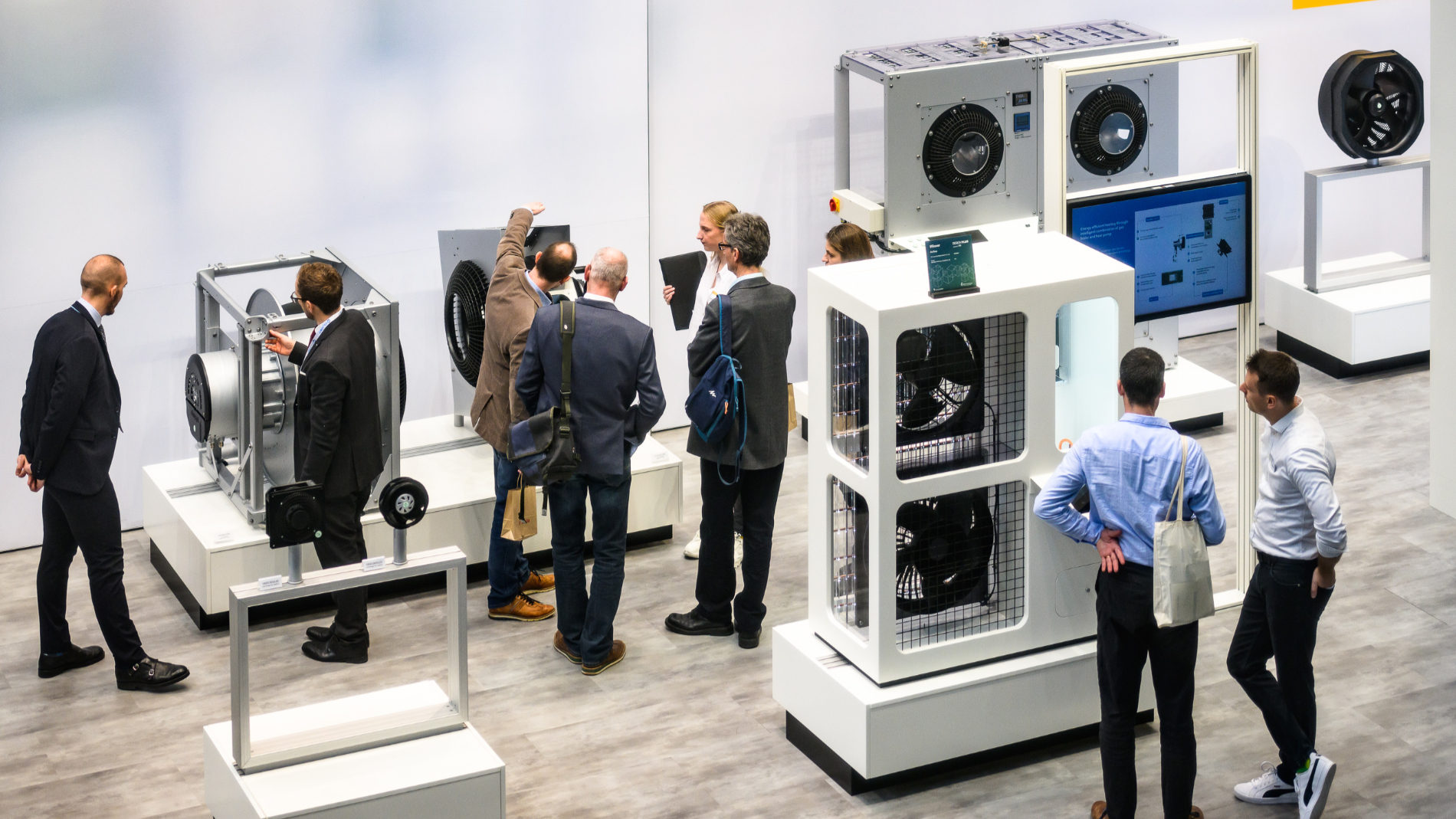
Ventilation systems in retail areas must ensure good air quality even when many people are present at the same time. An effective ventilation system helps to keep the air fresh and free from harmful particles. The air conditioning of retail spaces plays a crucial role in the comfort of customers and the preservation of products. In many cases, refrigeration is required to support the sale of certain products, such as food.
The integration of ventilation, air conditioning and refrigeration systems in retail buildings requires customised planning that takes specific requirements into account. The choice of energy-efficient equipment and regular maintenance are crucial to ensure optimal performance and longevity of the systems. This not only contributes to cost efficiency, but also to minimising the environmental footprint.
